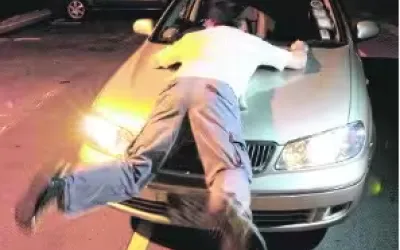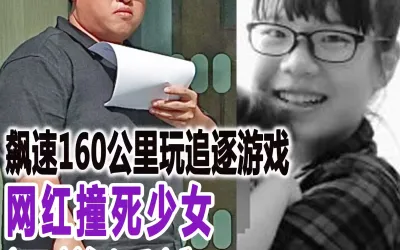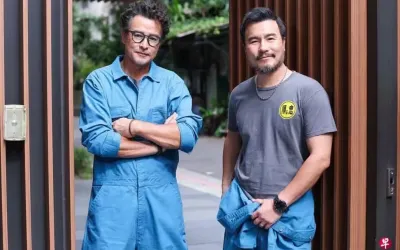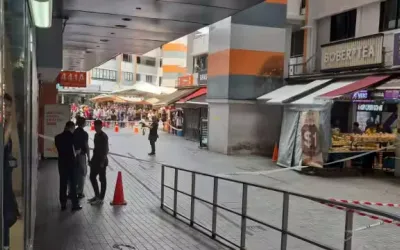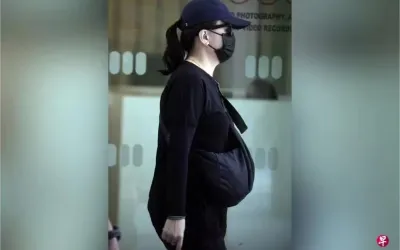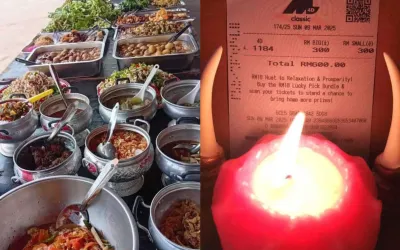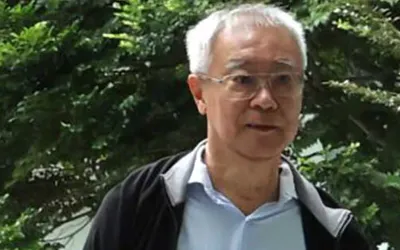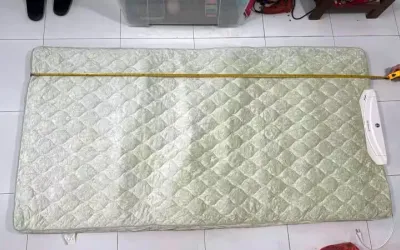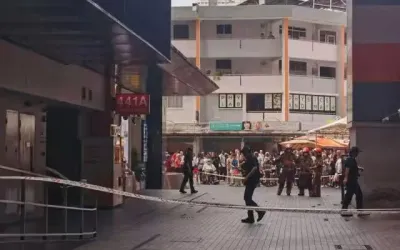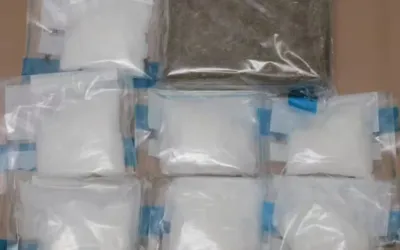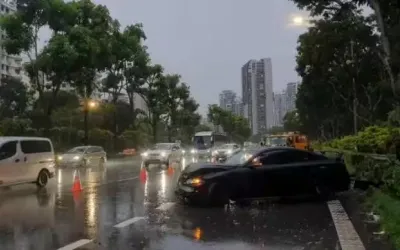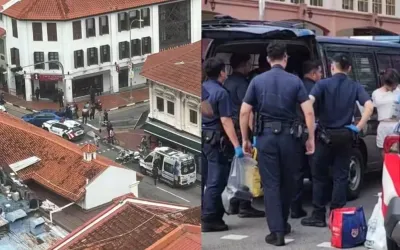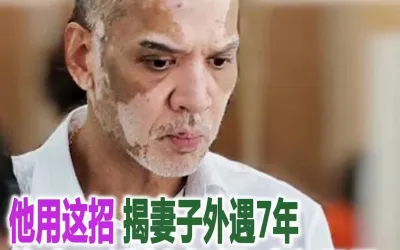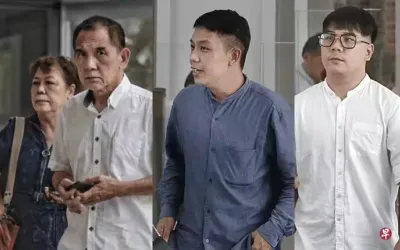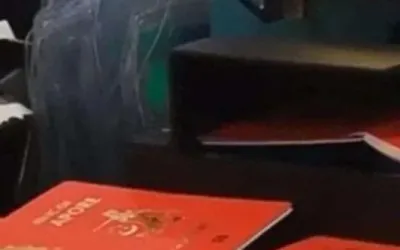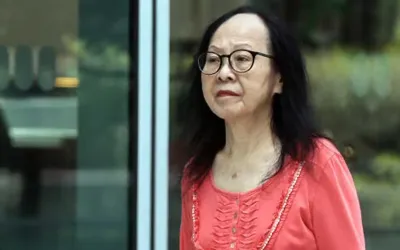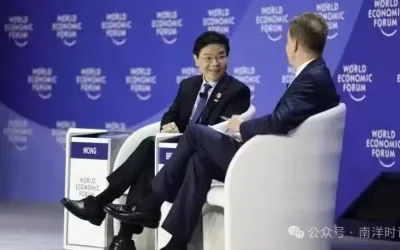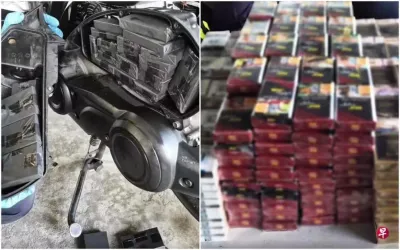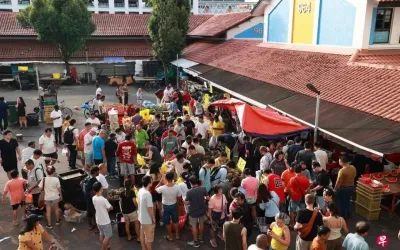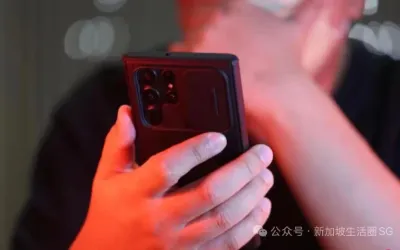However, these conditions are too restrictive for situations when officers of customs conduct inland operations. For instance, officers of customs may receive tip-offs of persons suspected to be in possession of and illegally selling duty unpaid cigarettes in a particular part of Singapore.
These suspects are not arriving in Singapore, so they do not meet Condition 1 to invoke search; and they are not suspected to be in possession of a bribe, so they do not meet Condition 2. As for Condition 3, while an officer of customs can arrest an individual to invoke the power of search, an arrest would be a high signature move which can have a significant impact on the person involved.
In some cases, arresting the individual may not be necessary if the officer wants to first verify whether an offence has been committed. Hence, it is more effective to amend the law to give officers of customs the legal powers to conduct searches before assessing whether an arrest should be made. All in all, this amendment will allow Singapore Customs to conduct their inland enforcement operations more effectively.
Fourth, we will grant Singapore Customs the legal power to seize computers or associated devices, mobile communication devices and cash that are reasonably believed to be connected to offences under the Customs Act. In the course of enforcement operations and investigations, it may be necessary for officers of customs to seize such devices and cash proceeds as these may be used as evidence to prosecute the offender under the Customs Act.
Sir, let me now move on to the second set of amendments, which seeks to introduce two new offence provisions and enhance the penalties for specified offences.
First, we will introduce a new offence provision to penalise individuals who allow their premises or vehicles to be used to commit an offence under the Customs Act. This will more effectively deter individuals from committing an offence or taking actions that assist others in the commission of an offence.
For example, there have been cases where individuals repeatedly allowed their premises or vehicles to be used by criminal syndicates to store or transport duty unpaid goods. These individuals then claim innocence by saying that they did not know their actions had helped to facilitate the commission of offences. With this amendment, Singapore Customs will be able to take action against such individuals, unless they are able to show that they had exercised due care in respect of the actions in question.
Second, we will also introduce a new offence provision for acts of altering, suppressing, concealing or destroying any books, documents or other records with the intent of obstructing investigations under the Customs Act.
Today, such acts are considered offences under the Penal Code, but not the Customs Act. This means that when officers of Customs encounter such acts, Singapore Customs will need to refer offenders to the Singapore Police Force (SPF) for investigation. The proposed amendment to include this offence under the Customs Act will allow Singapore Customs to investigate these cases directly and decide on the necessary follow-up actions without referring these cases to the SPF.
Third, we will enhance the penalties for some offences, to strengthen their deterrent effect. For offences involving the evasion of duties, where the amount of duty cannot be ascertained, we will increase the maximum fine from $5,000 to $10,000. This aligns the maximum fine with that of other similar offences under the Customs Act.
For specified offences under section 128 of the Customs Act, such as those related to fraudulent evasion and possession or storage of uncustomed or prohibited goods, we will provide for the option for the Courts to impose an imprisonment term in addition to the current penalty of a fine.
Mr Speaker, in sum, the amendments in this Bill will enable Singapore Customs to carry out their regulatory and enforcement operations more effectively and strengthen the deterrent effect for offences under the Customs Act. These efforts will ultimately strengthen Singapore’s status as a trusted and thriving trade hub. Mr Speaker, I seek to move.
9.50 pm
Mr Speaker: Are there any clarifications? No.
Question put, and agreed to.
Bill accordingly read a Second time and committed to a Committee of the whole House.
The House immediately resolved itself into a Committee on the Bill. – [Mr Chee Hong Tat].
Bill considered in Committee.
[Mr Speaker in the Chair]
The Chairman: The citation year 「2024」 will be changed to 「2025」 as indicated in the Order Paper Supplement.
Clauses 1 to 16 inclusive ordered to stand part of the Bill.
Bill reported with amendment; read a Third time and passed.
Mr Speaker: Leader.
CF丨翻譯
HQ丨編審
國會丨來源
國會丨圖源
